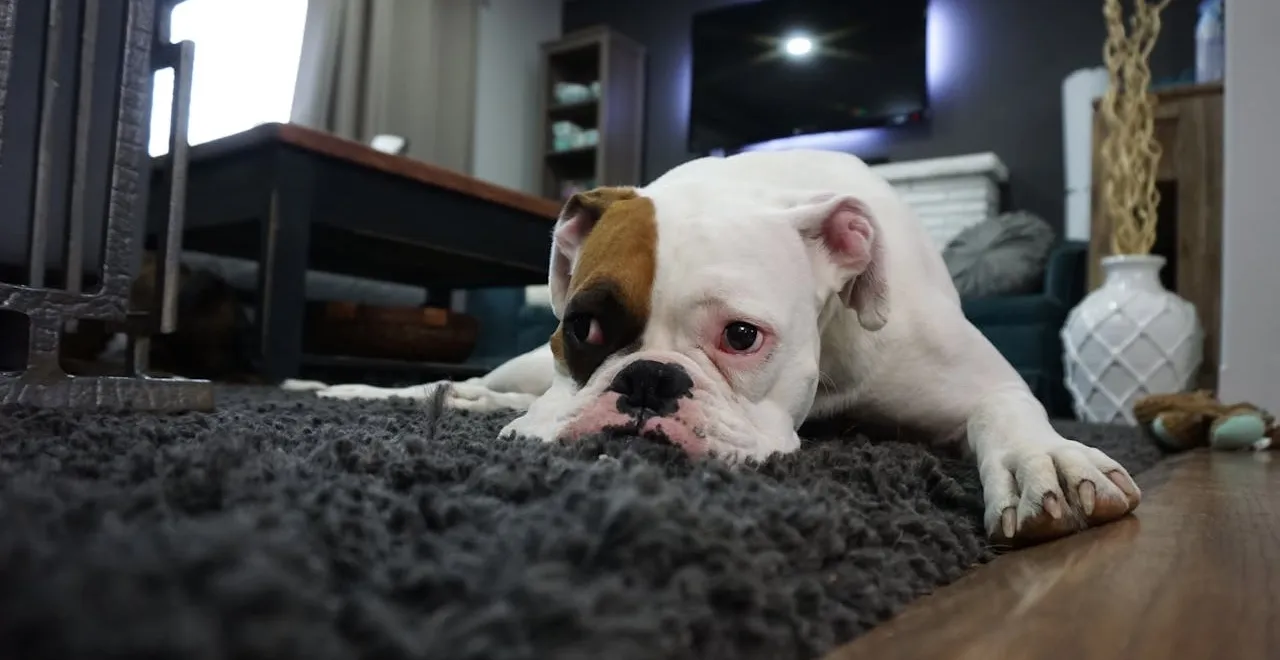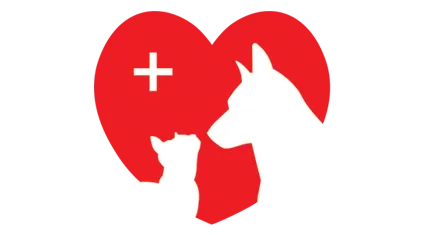
Canine influenza (CIV) is a highly contagious respiratory tract infection largely caused by 2 subtypes of the influenza A virus, H3N8 and H3N2.
Canine influenza virus is spread most easily in overcrowded or high-population environments, such as shelters, boarding centers, dog parks, pet stores, dog shows, and grooming facilities. Spread occurs via aerosol transmission, fomites, and direct oronasal contact. The disease can transfer from pet to pet as easy as a simple greeting on the daily walk around the neighborhood.
Influenza virus infection can occur within a few hours of exposure. Viral replication primarily takes place within mucosal epithelial cells of the respiratory tract but can also occur within bronchiolar gland epithelium and pulmonary macrophages. Clinical illness can manifest within 2-4 days of infection H3N8 subtypes are shed for up to 10 days and H3N2 subtypes for up to 24 days. Shedding can occur before the onset of clinical signs, so even some apparently healthy pets can be contagious; often peaks during early clinical illness; and may continue beyond cessation of clinical signs. Even in the absence of clinical signs, viral shedding still occurs.
Clinical signs may vary from non-symptomatic or self-limiting to more virulent with more morbidity (suffering from disease damages for long term) and mortality (fatality). Canine influenza virus causes significant inflammatory responses within the respiratory tract, which can result in rhinitis, tracheitis, bronchitis, and bronchiolitis.
Breakdown of Respiratory epithelial, predisposes the respiratory tract to secondary bacterial invasion. Severe pneumonia or sepsis may occur as a result. Acute Lung Injury is a life-threatening condition may occur. Even lung tissue necrosis may occur in severe situation.
Lower respiratory tract damage may not resolve for weeks and results in chronic coughing. Some reports indicate the cough can persist for up to 3 weeks after the infectious period. Vaccines are available for both the H3N8 and H3N2 strains of canine influenza virus. The vaccination invoices 2 vaccines initial dose and a booster doses in 3-4 weeks, max immunity is usually reached 2-3 weeks after the booster vaccine.
